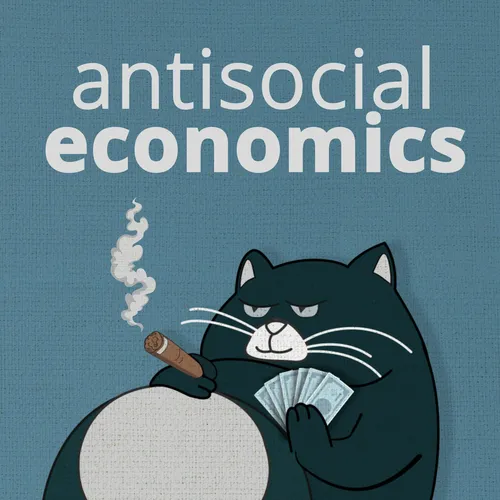Episode 6: What and how does the public think about wealth and wealth inequality, and what kinds of narratives make them more or less supportive of change?
- Author
- Sarah Kerr
- Published
- Fri 05 Sep 2025
- Episode Link
- None
If we want action on extreme wealth, how we frame it as a problem in the media and in campaigning activity matters.
Specific ways of talking about it make the public more or less likely to support re- or pre-distributive measures.
In this final, bumper episode we ask, what does the public think about wealth, the wealthy and wealth inequality, and can certain 'frames' increase public support for higher taxes on the rich? (Spoiler alert: Yes they can!)
In part 1, Jonathan reflects on over a decade of work on understanding how the public perceives inequality, and the effect of system-justifying beliefs like meritocracy on support for redistribution. He introduces early findings from a recent collaborative project called Wealth Talks (https://www.jonathanmijs.com/wealthtalks), which examines how ordinary citizens in the global south and north discuss wealth and inequality in everyday conversations.
In part 2, the focus switches to the UK. Will discusses recent work by the Fairness Foundation (the National Wealth Surplus, and The Wealth Gap Risk Register) and Michael introduces findings from experimental research reported in Talking about wealth inequality. This work raises important questions about how the public makes moral evaluations about wealth and the wealthy, and points towards 'what works' to increase public support for redistribution.
The conversations also look at: why the “economy as a household” metaphor entrenches austerity thinking; why property and inheritance are moral flashpoints; how civic spaces shape our perceptions of inequality; and why artists and storytellers may be the ones to ignite public interest and engagement around the era-defining issue of economic inequality.
Sarah Kerr speaks with Jonathan Mijs, Associate Professor of Sociology at Boston University, Dr. Michael Vaughan, Leverhulme Early Career Fellow at the London School of Economics’ International Inequalities Institute, and Will Snell, Chief Executive of the Fairness Foundation. They discuss recent research findings on how the public perceives and makes judgements about wealth, the wealthy and wealth inequality. They think about what the results could mean for the work of economic justice campaigners.
